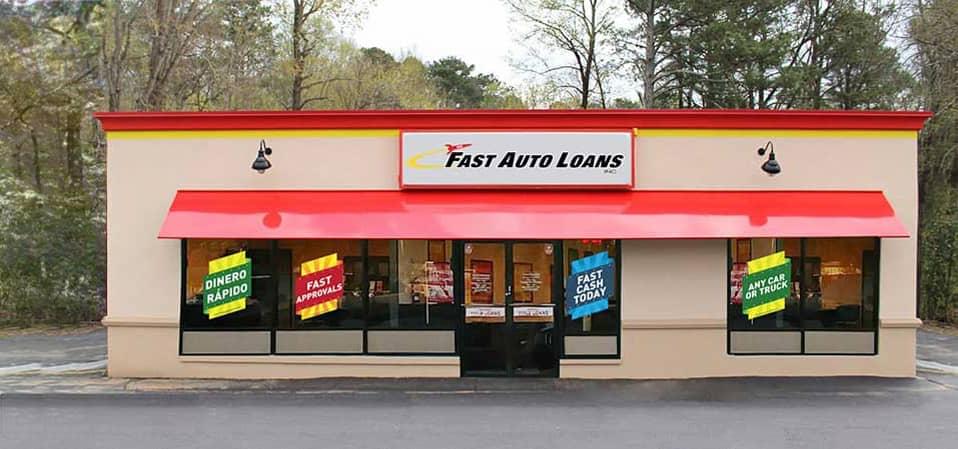
Advice For Setting Up Your Personal Finance Budget
Achieving financial stability is possible even without a personal finance budget, but having one can make a significant difference. A personal finance budget provides you with a clear and complete understanding of your income and spending habits. It's a powerful tool for planning and managing your finances, both present and future. And the best part is that creating a personal finance budget is easy - just follow these simple guidelines to get started and take control of your finances today.
Steps To Take In Setting Up Your Personal Finance Budget
Get Your Paperwork Together
It’s not fun, but it is necessary. Take stock and organize all your statements related to your finances, including your bank statements, monthly utility bills, and credit card bills, but also pay stubs, tax forms, and any other financial statements, including car and mortgage loans.
Determine Your Income
You can’t set a spending budget unless you know exactly how much you make each month. Make sure to include your net pay (after taxes), additional monthly funds from any side gigs, and any additional income sources, such as unemployment, Social Security, and child support.
Write Out All Of Your Expenses
It’s time to get an honest look at where all your hard-earned cash goes each month. And we mean all, both needs and wants. Needs are, well, what you need to spend money on each month. This includes rent and a mortgage, car payments, groceries, and utilities.
The wants are what you spend money on that is technically not vital. This includes entertainment and going out to eat, as well as all those little extras like magazine subscriptions or TV streaming services.
Don’t overlook expenses such as gas and transportation, personal care, childcare, and student loans. Be sure to include the amount you put toward savings each month or the amount in your savings now.
Organize Your Expenses
Beyond needs and wants, determine which expenses are the same each month (your mortgage) and which vary (eating out, entertainment). These are also known as fixed and variable expenses. There is likely not much you can do about your fixed expenses but looking at your variable expenses is key. You should get a clear idea of some possible areas to cut back on or eliminate entirely.
Add It Up
Calculate your total expenses and compare that number to your total income each month. The number should give you an instant idea of where you are financially and what you will need to do to get to where you want to be.
Hopefully, your income is higher than your expenses, and what you do with this extra cash each month depends entirely on your personal goals. It may be used to start a retirement fund or jump-start savings.
One common rule of thumb is known as the 50-30-20 budget. Many financial experts suggest that the needs in your budget should represent 50% of your expenses, with wants at 30% and 20% going toward paying down debt or beefing up savings.
When you get to this stage, you can start thinking of where you can adjust your expenses — and there’s always room for adjustments. You will be able to see clearly that you’re spending too much on eating out compared to what you spend on essential groceries.
If your expenses far outweigh your income, take a hard look at your fixed expenses as well. You may need to refinance your mortgage, cut down your grocery budget, or take steps to lower your water or heating bills.
Set Some Personal Goals
Now that you have a personal finance budget, think about what you want to accomplish and how you can get there with your new budget. How much do you need for retirement? How about a new car? Want to pay off your student loans? It’s all up to you.
Get Financial Help with A Title Loan
A personal finance budget can be thrown out of whack with a financial emergency, like an unexpected trip to the hospital, a needed home or car repair, or last-minute travel.
A title loan is designed to help you cope with such emergencies. It uses your car’s title as collateral in exchange for a loan paid off over time. It can take as little as 30 minutes to qualify for a title loan of up to $15,000 at Fast Auto Loans, Inc. The best part: You keep your car for the duration of the loan.

It all starts online. Fill out the short title loan form on our website and a loan representative will give you a quick call to walk you through the rest of the straightforward process.
Get A Title Loan Today
Creating a personal finance budget is an essential part of living responsibly and successfully. A financial emergency can quickly threaten your livelihood. A title loan can help you get back on track, and we are always here to help.
Note: The content provided in this article is only for informational purposes, and you should contact your financial advisor about your specific financial situation.

